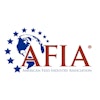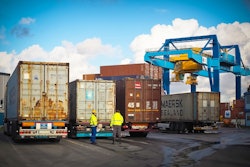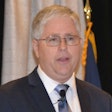
Because of language and communications barriers, agriculture companies very well could be missing out on hiring the best potential workers or utilizing present workers to the best of their abilities.
However, in this day and age, language should no longer be a barrier, said Jeremy Welch, human resources director, Life-Science Innovations.
Speaking during the Partners in Ag Innovation Conference on July 25, Webb addressed a question of engaging with “underrepresented populations,” which includes immigrants who speak English as a second language, if they even speak English at all.
“Language, it really shouldn’t be a barrier for any organization,” said Welch. “There’s enough technology now that’s available to overcome that.”
Communicating with people with the best potential often is a case of being open, talking to people and learning who they are, but unfortunately, a perceived language barrier has often prevented that from happening, he said.
“The experience and knowledge level in this underrepresented group, it’s there. We just have to be willing to source it from them and talk to them and engage with them, and you’ll learn some great things,” Welch said. “You probably have people in our environment right now that have knowledge that you don’t know because we haven’t engaged with them enough.”
For instance, Welch said an employer could have someone in their midst with expertise such as being an engineer or layer in their previous country.
However, Welch said when business leaders “set those assumptions aside and just open up and ask those questions, good things happen.”
Numerous companies in the agrifood industry – including those in the turkey industry – operate under the umbrella of the Life-Science Innovations, based in Willmar, Minnesota. Those include Turkey Valley Farms, Select Genetics, Willmar Poultry Farms, Nova-Tech Engineering, Farm Service Elevator, Pals and MinnWest Technology Campus.
Also presenting at the conference was Jen Ehresmann, Hormel Foods’ vice president of supply chain. Ehresmann spoke on Hormel’s challenges with changing Proposition 12 deadlines, as well as the company’s change of mentality when it comes to relations with vendors and suppliers.
The conference was held at MinnWest Technology Campus, as well as virtually.

















![Logan And Jerry Fitch[1]](https://img.feedandgrain.com/files/base/wattglobalmedia/all/image/2023/05/Logan_and_Jerry_Fitch_1_.6470faf6bcc37.png?auto=format%2Ccompress&fit=crop&h=112&q=70&w=112)
